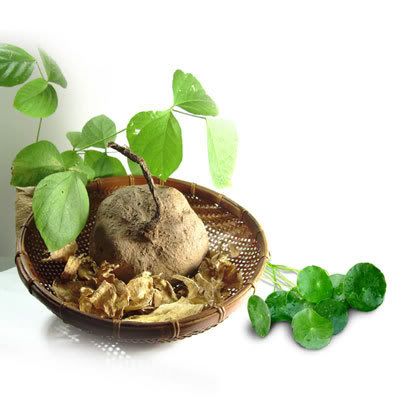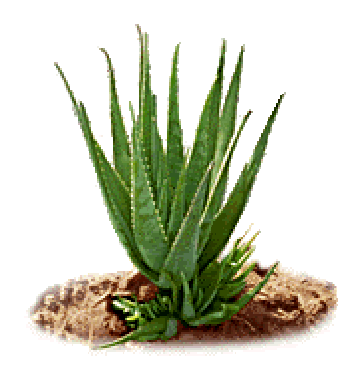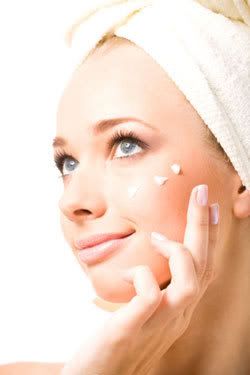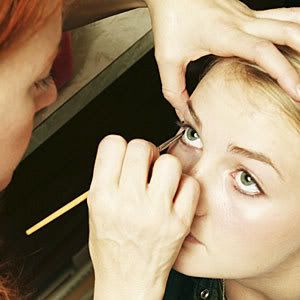Herbal skin care
 |
The herbal skin care recipes which once used to be common place are not so popular today.Even herbal skin care products have been commercialised. |
Skin care is not a topic of recent times; it has been in practice since ancient times, when herbal skin care was probably the only way to take care of skin. However, skin care has transformed in a big way. Herbal skin care routines have been replaced by synthetic/chemical-based skin care routines. The herbal skin care recipes which once used to be common place are not so popular today (and even unknown to a large population). This transformation from herbal skin care to synthetic, can probably be attributed to two things – our laziness (or just the fast pace of lives) and the commercialisation of skin care. Even herbal skin care products have been commercialised. These commercial herbal skin care products have to be mixed with preservatives in order to increase their shelf-life, hence making them less effective than the fresh ones made at home. However, it seems that things are changing fast and more people are now opting for natural and herbal skin care routines. But still, none want to make them at home and hence the commercial market of herbal skin care products is on the rise.
So what are these herbs or herbal skin care mechanisms?
 |
Aloe vera, which is an extract from Aloe plant, is one of the best examples of herbal skin care product. |
Aloe vera, which is an extract from Aloe plant, is one of the best examples of herbal skin care product. Freshly extracted aloe vera is a natural hydrant that helps in soothing skin. It also helps in healing cuts and treating sun burns.
A number of herbs are known to possess cleansing properties. Dandelion, chamomile, lime flowers and rosemary herbs, are a few examples of such cleansers. Their herbal skin care properties get invoked when they are combined with other herbs like tea.
Antiseptics are another important part of Herbal skin care. Lavender, marigold, thyme and fennel are good examples of herbs that are known to possess antiseptic properties. Lavender water and rose water also form good toners.
Tea plays an important part in herbal skin care. Tea extracts are used for treatment of skin that has been damaged by UV radiation.
Oils prepared from herbal extracts present another means of herbal skin care. Tea tree oil, Lavender oil, borage oil and primrose oil are some popular oils used in herbal skin care. Some fruit oils (e.g. extracts from fruits like banana, apple and melon) find use in shower gels (as a hydrating mix)
Homeopathic treatments and aromatherapies also come under the umbrella of herbal skin care remedies.
Herbal skin care is good not only for the routine nourishing of skin but also for treatment of skin disorders like eczema and psorasis. Most herbal skin care products don’t have any side effects (the most important reason for preferring them over synthetic products) Moreover, herbal skin care products can be easily made at home, hence making them even more attractive. So, herbal skin care is the way to go. However, this does not mean that you totally discard the synthetic products. Some people go to the extent of debating with their dermatologist, if he/she suggests a synthetic product. You should accept the fact that some skin orders might need usage of clinically proven non-herbal skin care products.

